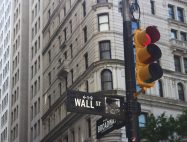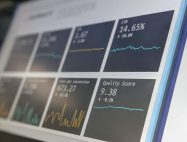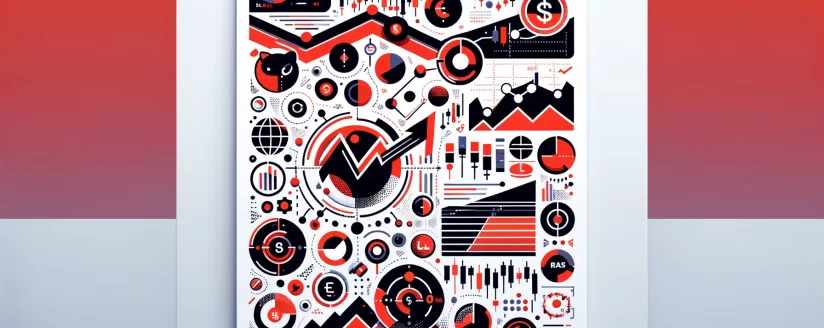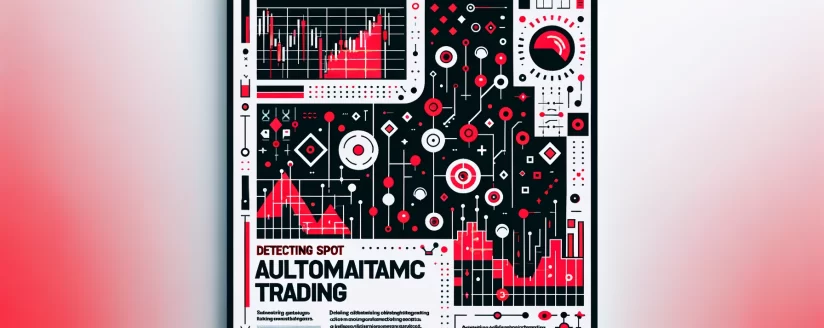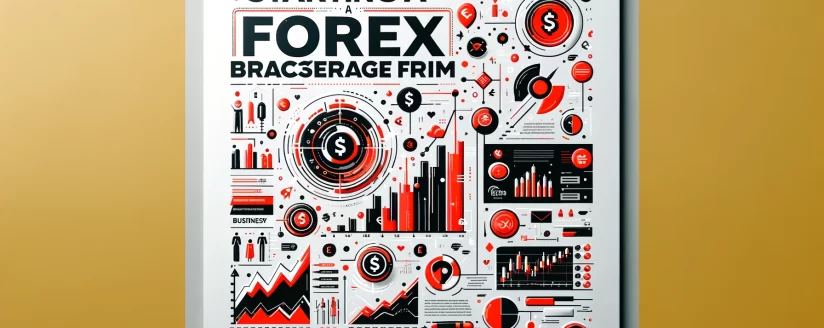Obtaining a Forex broker license is an important step for any Forex broker. Licensing activities oblige Forex firms to comply with the legislative requirements and respect the code of conduct, which increases the credibility of the firm and improves its reputation with the business community.
A Forex broker license has additional benefits, such as an easy process of opening bank accounts and good communication with trading platforms’ providers.
The starting point in obtaining a Forex broker license
If you have decided to obtain a forex broker license, first, you should decide on which markets you will conduct your business. You can choose the place of incorporation that differs from the physical location of your business operations.
However, there may be some complexities with obtaining a broker license related to the terms of incorporation, for example:
- Cost of license and annual licensing fees. You should carefully assess these costs compared to the anticipated benefits.
- Timescales. In some countries, for example, the USA, the licensing process is long and complicated, but this license is one of the most valued. At the same time, you can obtain the BVI broker license within a couple of days using an online application form.
- Legislative requirements and taxation aspects of the countries you may obtain a Forex broker license.
How to choose the right jurisdiction for Forex broker license
The licensing process for Forex brokers differs from country to country, and the companies need to evaluate each option to choose the right one.
The most popular jurisdictions for Forex brokerage activities are the USA, Japan, UK, and Australia. Your company looks more reliable with these licenses. At the same time, the process of obtaining a brokerage license in these countries is complicated, long-term, and expensive.
Those Forex brokers who want to obtain a license with fewer efforts can choose among other jurisdictions that have more simplified application rules and lower license costs.
- USA
The USA has the strictest regulations for financial markets. The companies that want to obtain a Forex brokerage license in the USA should register with the National Futures Association (NFA) and the Commodity Futures Trading Commission (CFTC). Also, if the company plans to trade with US stocks, it should register with the Financial Industry Regulatory Authority (FINRA).
The license costs for the USA Forex license are high. They include the initial license fee and the annual fee, calculated as a percentage of the company’s annual revenue. Also, the application process is long and requires tons of documents to prove the reliability of the broker.
- Japan
The Financial Services Agency (FCA) regulates the financial markets in Japan, including Forex licenses. To obtain a Forex license, an applicant should provide the regulator not only with the application form but also with the business plan and other documents that reflect all the main company’s transactions.
The rules on the Japanese financial market are very strict, as in the USA, and the license costs are also high compared to other jurisdictions. At the same time, the Japanese Forex license is very prestigious.
- United Kingdom
The UK Financial Conduct Authority (FCA) is the financial regulator that creates a legal framework for financial services, including the Forex market. To obtain a Forex brokerage license from FCA, a broker should comply with the capital requirements. For example, a “dealer license” requires a minimum capital of EUR 730,000. In addition to the capital requirement, applicants should have a solid business plan, experienced top management, financial statement, and audit reports.
All these strict requirements make the companies with UK Forex license reliable players on the market.
- Australia
Australian financial market players report to the Australian Securities and Investment Commission (ASIC). To obtain a Forex license the company should submit an application form and additional documents that include a business description and information about the company’s management.
The license application process in Austria is much easier than in the above-mentioned countries, and it may be conducted online. At the same time, some Forex brokerage licenses take up to 12 months to obtain.
- Cyprus
Cyprus is a very popular jurisdiction for the Forex broker license, especially for new companies. It allows brokers to enter European markets and, at the same time, has a relatively simple application process compared to the countries mentioned earlier. Along with the application for the license, the company should prepare a business plan with the financial plan, anti-money-laundering and anti-fraud policy, and a bank statement.
Cyprus Securities and Exchange Commission (CySEC) issues Forex brokerage licenses to the applicants. It covers all European Union countries and Norway, Iceland, and Liechtenstein. Also, Cyprus has a very attractive income tax legislation.
- Malta
Malta is another very popular jurisdiction that offers Forex brokerage licenses. It is a new financial center that specializes in cryptocurrency transactions, Forex, and other financial activities.
This jurisdiction offers applicants different types of licenses. The companies who want to get a license for a full range of brokerage services should obtain a Category 3 or 4 license, and the new companies that want to be a broker acting as a principal without risk may get a Category 2 license.
Malta Financial Service Authority (MFSA) is responsible for Forex brokerage licenses. Application documents include the application form, business plan, and other supporting documents that reflect the company’s financial forecasts, internal policies, etc. In general, the license application process is relatively simple and straightforward, and the license costs are lower than, for example, in the USA or UK.
As can be seen, there is no answer to the question “What is the best country for a Forex license?”. Each jurisdiction has its benefits and threats, and everything depends on the company’s goals.

